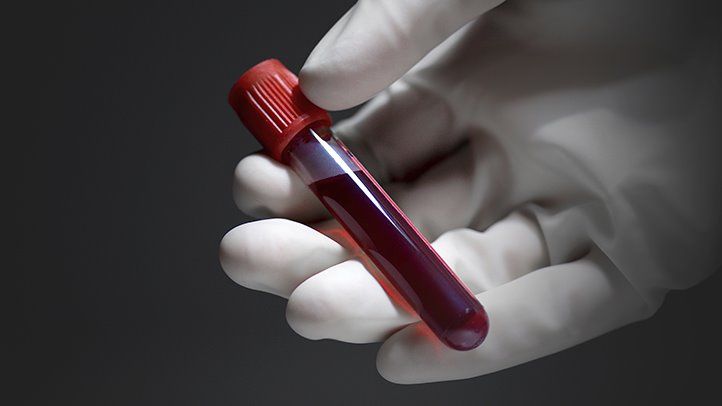- Blood types are identified through presence or absence of antigens in the blood, resulting in a classification into eight blood types, namely; A+, A-, B+, B-, O+, O-, AB+, and AB-, with a varied distribution within the population.
- Many individuals have also taken the initiative to ensure more lives are saved through transfusions. For example, John Muriithi founded the O Negative Foundation Kenya in 2018 to expand the already dimming supply of crucial O-negative blood.
Being genetic creatures, we have the capability to pass innate characteristics to our offspring. We, therefore, inherit features like eye color, body type, personality, skin tone and blood types.
Blood types are identified through presence or absence of antigens in the blood, resulting in a classification into eight blood types, namely; A+, A-, B+, B-, O+, O-, AB+, and AB-, with a varied distribution within the population.
Individuals can receive blood from those with different blood types, but this is in regard to the law of compatibility. For instance, O+ people can only donate to all positive blood types and receive from fellow O+ and O-people.
O-negative blood group is like gold dust as it is regarded a universal donor but a particular recipient. This blood type is only found in 7% of the population. A treasure maintains its status when it is scarce in nature.
The universal blood type has been used for emergencies, primarily why air ambulances and emergency response vehicles carry O-negative supplies. It is also effective in other lifesaving transfusions, like for immune-deficient infants.
Read More
Kenya National Transfusion Services is the country's national blood bank, which is mandated to collect, test, and distribute blood to all transfusing hospitals nationwide.
Many individuals have also taken the initiative to ensure more lives are saved through transfusions. For example, John Muriithi founded the O Negative Foundation Kenya in 2018 to expand the already dimming supply of crucial O-negative blood.
“The Foundation is meant to respond to those who are in need of the O negative blood type. My drive was to save more lives and rise above seeing people die because of lacking this rare commodity,” he said.
World Health Organization (WHO) marks World Blood Donor Day every June 14 to raise awareness of the need for safe blood and to commemorate donors for their remarkable life-saving initiatives.




-1772102940-md.jpg)


-1772090413-1772095461-md.jpg)


-1772102940-sm.jpg)

